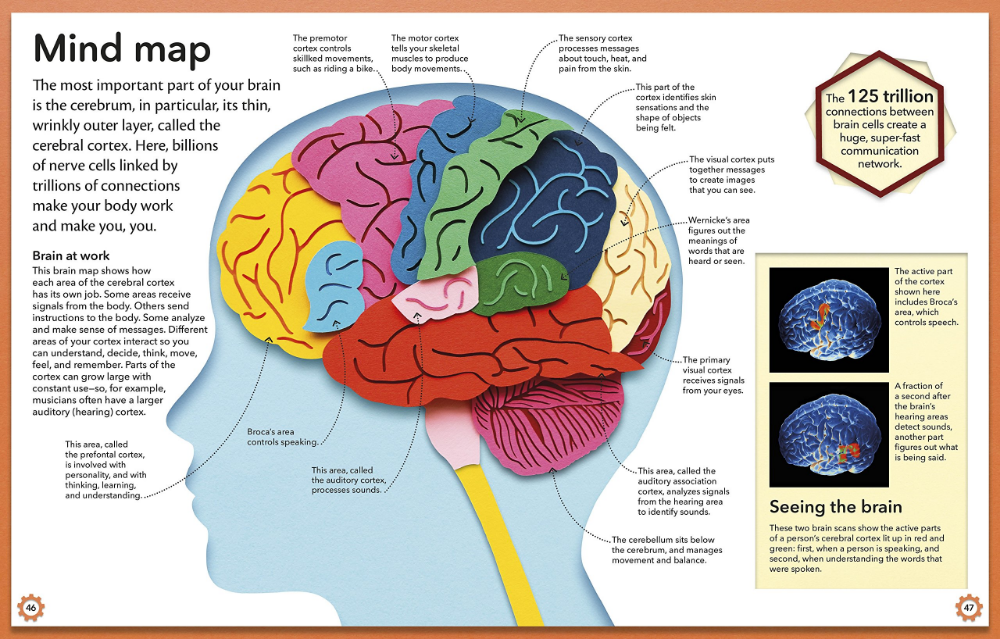Jump to section
What is mental fatigue?
4 emotional symptoms of mental fatigue
4 physical symptoms of mental fatigue
What causes mental fatigue?
6 tips for coping with mental fatigue
What are the consequences of mental fatigue on work performance?
Feeling drained? Does your brain want to go on an indefinite vacation far away from where you are now? You may be experiencing mental fatigue.
Mental fatigue is an all too common feeling these days. Uncertainty, high stress levels, and a demanding lifestyle are making our minds feel downright exhausted. But living in a state of permanent mental fatigue can have consequences on our personal and professional well-being.
Let’s explore how mental fatigue affects us, its symptoms, and what we can do to treat it.
When your brain feels exhausted and unable to function properly, it leaves you mentally and emotionally drained. This is commonly known as brain fog or mental fatigue.
According to recent research, an overstimulated brain impairs your cognitive abilities. This affects your productivity, decision-making skills, or memory. For example, brain fog makes it hard to concentrate. Even simple household tasks like washing dishes or doing the laundry seem cumbersome.
Mental fatigue is a state of tiredness that sets in when your brain’s energy levels are depleted. Mental fatigue is usually the result of prolonged stress. Long-term stress can be brought on by a variety of factors, including a challenging life event, a demanding job, or procrastination.
Additionally, a period of chronic stress can be taxing on your mental well-being, leaving you feeling overwhelmed, irritable, and detached.
Long-term mental exhaustion also affects your professional life. When your symptoms aren’t managed, it leads to workplace burnout. Symptoms of workplace burnout include a lack of belief in your abilities, decreased job satisfaction, and a lack of motivation.
The Covid-19 pandemic has turned mental fatigue into a widespread global issue. The World Health Organization (WHO) describes this “pandemic fatigue” as demotivation, alienation, complacency, and hopelessness. As this feeling has become the norm for many people, it’s increasingly important to learn how to cope with mental fatigue and its symptoms.
Mental fatigue is insidious — its symptoms develop gradually and are not always noticed. Most commonly, these manifest themselves as various emotional issues. Let’s explore some of the most tell-tale emotional signs of mental fatigue and how they affect your emotional well-being:
Anxiety is one of the most common symptoms of mental fatigue.
It develops because prolonged mental fatigue triggers the sympathetic nervous system. This is also known as your fight or flight mode. This causes you to be in a constant state of panic or worry about the future. People who suffer from anxiety have a hard time making decisions as the fear of “what if” overtakes them.
People who suffer from anxiety have a hard time making decisions as the fear of “what if” overtakes them.
Always feeling anxious should act as an alarm bell, telling you something isn’t right.
BetterUp research suggests that 55% of employees are languishing at any given moment.
Languishing can be described as a feeling of emptiness and stagnation. This feeling develops when your mind feels depleted of energy.
Someone stuck in a state of languishing frequently feels apathy and a disconnection from friends and work colleagues. If this feeling persists, it can gradually isolate you from people in your life.
When you’re mentally fatigued, challenges seem nearly impossible to overcome. This lack of inner strength and confidence makes you less resilient in the face of an acute stressor.
For example, someone lacking emotional resilience can easily crumble under the pressure of a challenging work assignment. Low resilience makes you see work or life challenges as a setback rather than an opportunity to learn and grow.
Low resilience makes you see work or life challenges as a setback rather than an opportunity to learn and grow.
Mental fatigue and depression are interconnected. Fatigue is a symptom of depression and vice-versa.
Depression is a mental health disorder that can have multiple causes, including stressful life events. It’s characterized by a sense of hopelessness and a lack of energy to engage in daily life.
The characteristics of mental fatigue aren’t just emotional. They can also show up as physical symptoms that impair your physical health and well-being:
Your mental health has a direct effect on your physical health. Where there’s mental fatigue, there’s bound to be physical exhaustion.
The high level of stress that causes mental fatigue also causes you to feel tired, weary, irritable, and lethargic.
People suffering from mental exhaustion often experience trouble sleeping and even insomnia.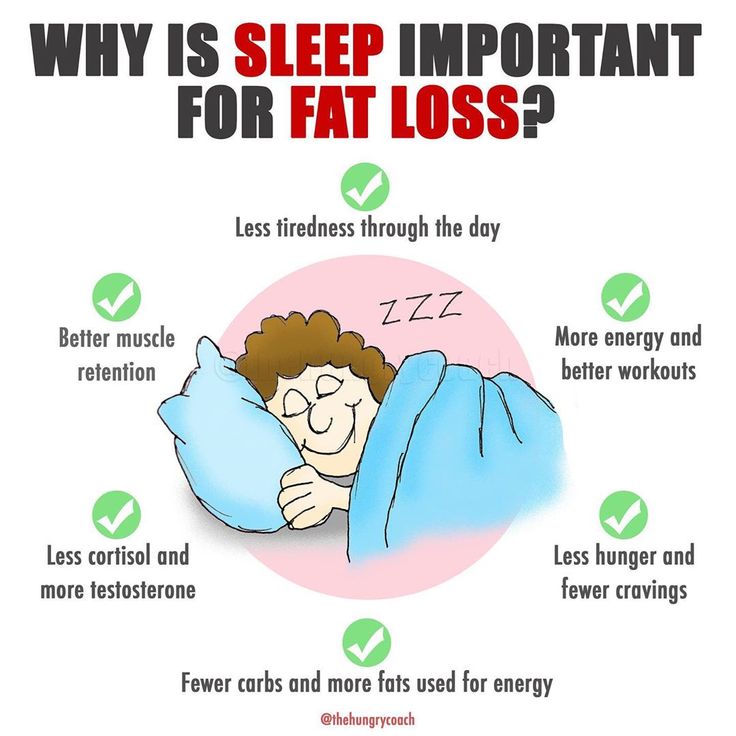
These sleep problems arise due to the emotional side effects of mental fatigue like anxiety or depression. Being in a constant state of alertness and worry makes it harder to get a good night’s sleep. On the other hand, clinical depression can cause you to oversleep, which can throw off your circadian rhythm.
A weakened mental and physical state can lead to various health problems. Some of these include:
Unhealthy eating habits are common for someone suffering from mental exhaustion. According to a study, young adults were more likely to engage in emotional eating or eat less under mental stress and fatigue.
Not getting the proper nutrients and indulging in junk food high in sugar impairs cognitive abilities. It also contributes to emotional disorders like anxiety and depression.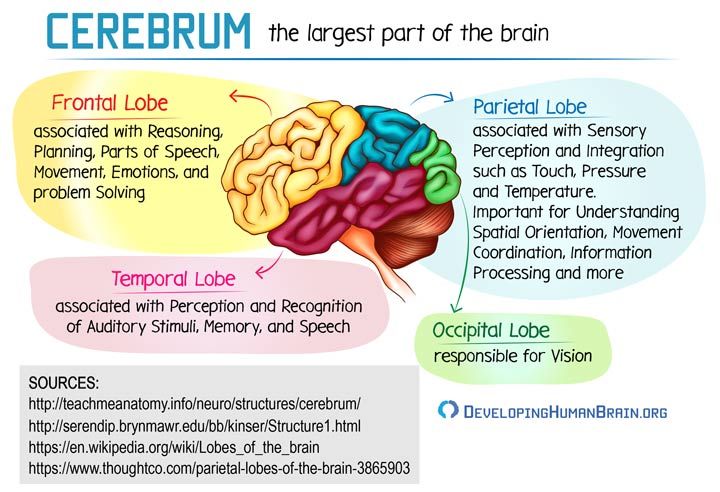
Mental fatigue can stem from a multitude of factors or just one particular stressor. Finding the root cause of your mental fatigue is an important first step to treating and overcoming it.
Experiencing acute stress over a long period leads to both mental and emotional exhaustion.
The pandemic created an unprecedented time of stress and uncertainty for millions of people around the world. According to Dr. Louis A. Faillace from the University of Texas Health, our bodies have been in survival mode during this time.
New routines, social isolation, and processing the loss of loved ones have caused cognitive dulling in many. Cognitive dulling is a type of mental fatigue that causes a decline in productivity, difficulty concentrating, and a decline in mental health.
Working in a high-pressure job or having a demanding lifestyle can mentally drain you. You might face an inordinate amount of choices on a daily basis, leading to decision fatigue.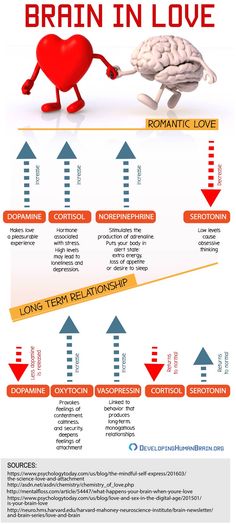
For example, a leadership role that requires you to manage multiple teams and work long hours can quickly lead to burnout and a poor work-life balance.
A demanding job isn’t the only thing that can cause mental exhaustion. Juggling too many responsibilities at home and work can also lead to chronic fatigue. This is especially true for people in the sandwich generation. After a long day at work, many adults come home to be full-time caregivers of children and aging relatives.
This kind of responsibility and stress takes a toll on their emotional and mental well-being.
Living with a chronic condition can be mentally and physically debilitating. An illness like fibromyalgia, for instance, causes fatigue and widespread pain throughout the body. People that live with fibromyalgia often experience depression and stress.
An event that completely turns your life upside down can put a great deal of strain on your mental health.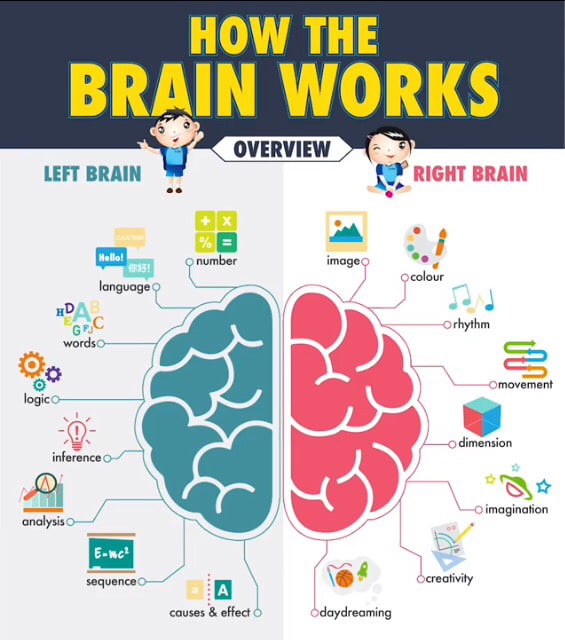
Oftentimes, people experience different types of grief as a result. Normal or uncomplicated grief causes short-term mental fatigue. Complicated grief, like the death of a loved one or a divorce, can bring on mental fatigue that impacts your mental health over a long period.
Other factors contributing to mental fatigue include poor nutrition, lack of sleep, clutter, or compassion and empathy fatigue. Once you identify the causes, start by taking steps to alleviate your symptoms.
Sometimes, you can remove the source of your mental fatigue altogether. For example, changing jobs can fix brain fog caused by a high-stress work environment.
Other situations, like living with an illness, are not so straightforward. In these cases, mental fatigue can be managed. Here are six simple ways to cope with mental fatigue and improve your mental health:
Focus on your well-being by devising a self-care plan tailored to your needs. Engage in a few daily practices that bring you genuine joy. These activities can include meditation, deep breathing, spending time in nature, or anything else that improves your mental, emotional, and physical health.
Engage in a few daily practices that bring you genuine joy. These activities can include meditation, deep breathing, spending time in nature, or anything else that improves your mental, emotional, and physical health.
Regular exercise is one of the best tools to minimize the effects of mental fatigue. According to a recent study, higher physical activity results in less fatigue regardless of your age or gender.
Staying active through outdoor or virtual workouts gives you a boost of positivity, energizes you, and improves your sleep. Aerobic and muscle-strengthening workouts also help treat fibromyalgia and prevent other health conditions.
What you put in your body has a direct effect on your mental health. Drinking enough water and eating foods that are good for gut health increases serotonin. High serotonin levels give your mental energy levels, resilience, and immune system a boost.
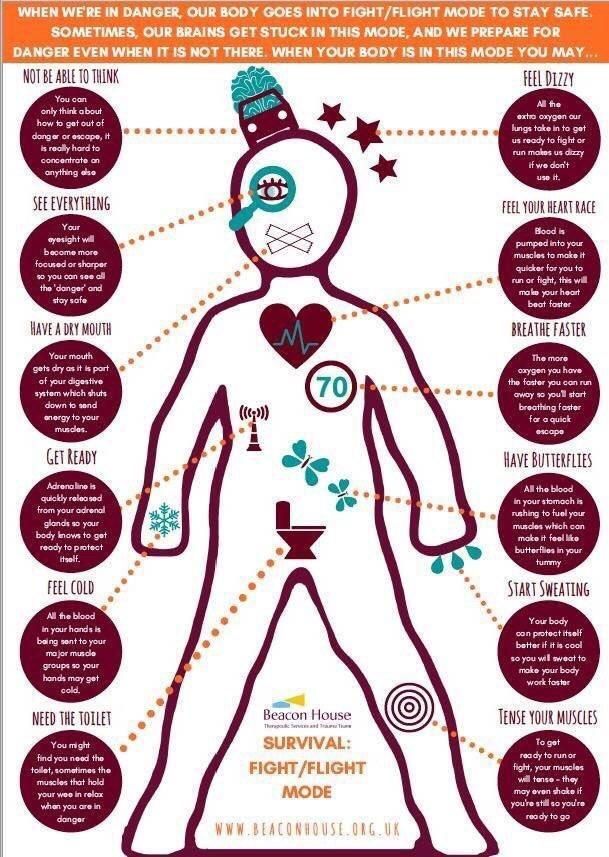 Fix your circadian rhythm
Fix your circadian rhythmLack of sleep is a common cause or a side-effect of brain fog. If you’re not getting enough sleep, take steps to reset your sleep clock and improve your sleep hygiene.
Improving your sleep alleviates anxiety and stress, lessening the symptoms of mental fatigue. If you’re struggling with insomnia, you can reach out to a mental health provider for medical advice or treatment.
According to experts, clutter is distracting, increasing cognitive overload and the production of cortisol, the stress hormone.
If your workspace or home is disorganized and messy, it’s time to tidy them up. Staying organized reduces mental fatigue and improves your cognitive activity.
Mental fitness increases your optimism, cognitive functions, confidence, and sleep. Mental fatigue negatively affects all of these things.
You can start getting mentally fit by meditating, being present, or expressing gratitude.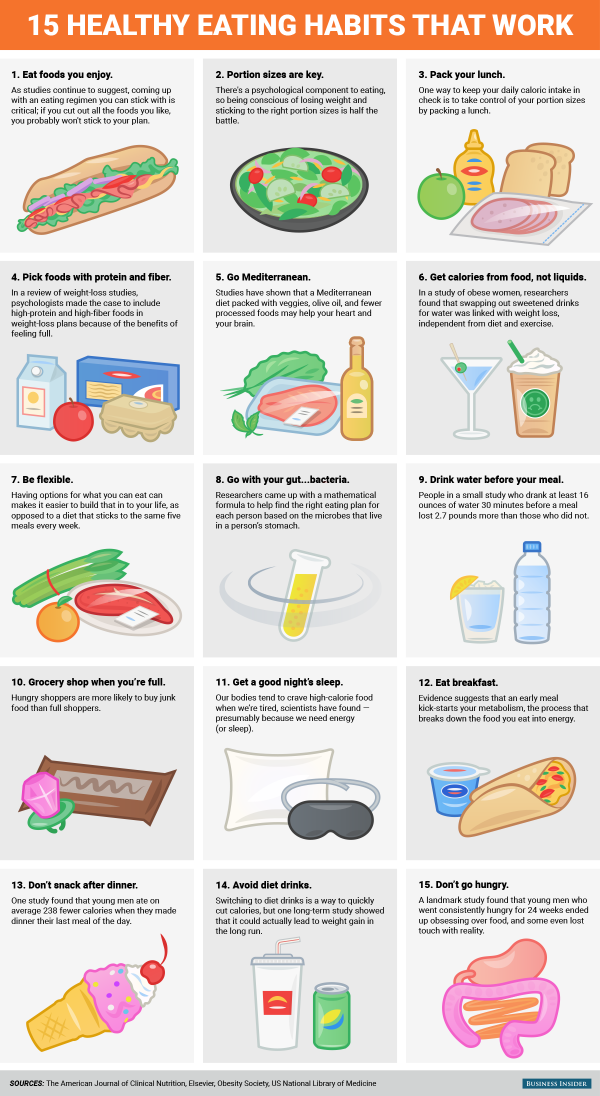
Suboptimal mental well-being affects your performance in the workplace. Long-term mental fatigue can even put your job and career progression at risk. Here’s how this condition impacts your professional life:
It’s difficult to concentrate when you’re mentally exhausted, which leads to a decline in work productivity.
Sleep deprivation, a common side effect of mental exhaustion, makes it hard to focus, impacting your work performance. If your performance declines, you may be at risk of losing your job or being placed on probation.
Brain fatigue makes you feel mentally checked out. When you’re in this state, you have a hard time engaging with your work. You’re less committed to your professional goals or the goals of the organization.
You may find yourself producing lower quality work, contributing less during team meetings, or showing up to work late.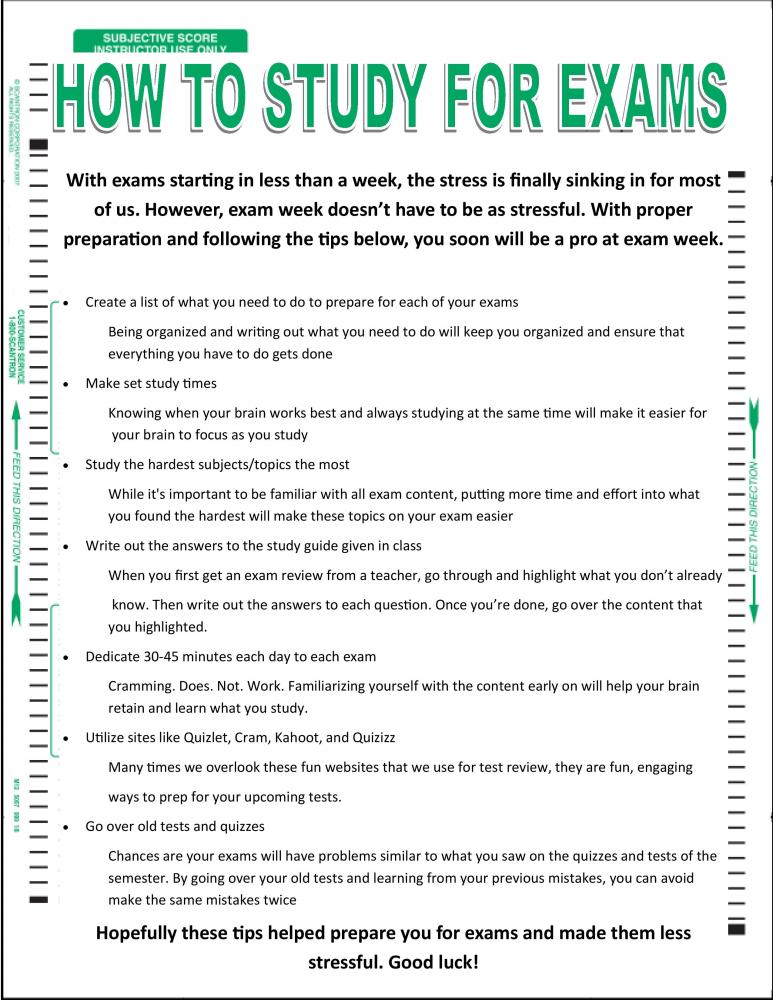
Emotional and mental fatigue have negative consequences on job satisfaction. This is especially true when your job is very demanding and leaves you feeling exhausted.
Lack of satisfaction at work impacts both employees and the organization. As a dissatisfied employee’s productivity suffers, it can have a trickle-down effect on their team members. This can cause their productivity to decline. A decrease in performance impacts the morale of employees and affects the bottom line of the organization.
Mental fatigue makes you feel a lack of motivation in all areas of your life, including work. Zoom fatigue, for example, causes motivational fatigue. This can look like a loss of energy to handle work responsibilities or simple tasks.
Lack of motivation also holds you back from reaching your full potential, as you have no drive to reach your professional goals and progress in your career.
It’s easy to overlook mental fatigue symptoms when they become a common daily occurrence.
That’s why it’s important to check in with yourself once in a while and see how you’re doing physically, emotionally, and mentally. Mental exhaustion is a condition that can be managed and overcome by making healthy changes in your life. These include prioritizing self-care or fixing your sleep schedule.
If you don’t want to do it alone, BetterUp can help. Our coaches will create a personalized plan that’s proven to increase your mental well-being and resilience.
Source: Alain Lauga/Shutterstock
Lately, I’ve been physically exhausted by 7 p.m. Just plain tired. Yet it’s not like I’ve run a marathon or anything: Most days I’ve just tossed in a couple of loads of laundry, between sessions of wall ball with my daughter, and between phone interviews, blog posts, magazine assignments, copy edits, and invoicing, which happens just after a short workout and before I cook dinner.
Like most people, I’ve got a full schedule.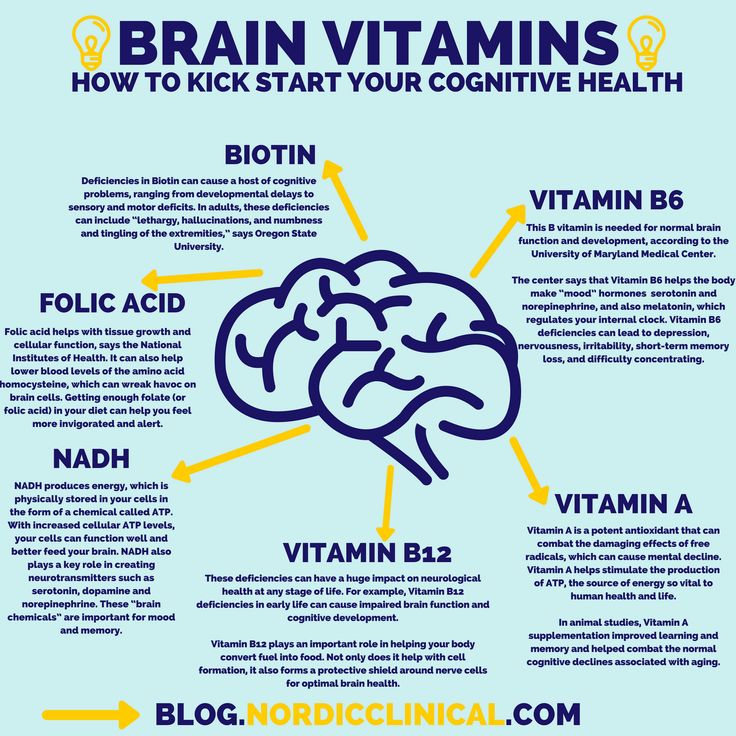 And for all the flexibility I have with how I spend my time, I wind up using it all. There are very few breaks in my day to unwind.
And for all the flexibility I have with how I spend my time, I wind up using it all. There are very few breaks in my day to unwind.
That’s not a good thing. In fact, the physical fatigue I feel at the end of the day has more to do with my mental exhaustion than any exercise I’m getting. And that kind of mental tiredness can sneak up on anyone.
Mental exhaustion isn’t necessarily the result of things gone wrong, or any big upset (though it can be) but more likely an accumulation of too much: Too many decisions. Too much work (in not enough time). Too many interruptions, demands, and shifts in attention. Too many things going on without time to pause and restore.
This kind of mental tiredness knocks us back when the volume of tasks and activities we’ve taken on exceeds our capacity to comfortably handle the stress (even the positive stress) of it all.
Sometimes mental exhaustion can be a result of health issues: Depression, heart disease, chronic illness, and autoimmune disease can all lead to insomnia or trouble sleeping, which can cause mental fatigue. It may be worth checking out this angle with your doctor.
It may be worth checking out this angle with your doctor.
But as for me, I sleep well, feel satisfied in my life, and yet, there are times when even the good stuff becomes taxing because there is just too much going on.
The more mentally tired we become, the less capable we are of keeping up with the demands of the day. It becomes harder to make healthy decisions, stay focused on tasks, and remain calm. It can also become difficult to regulate our emotions. Over time, mental exhaustion can lead to full-blown burnout, physical issues, and stress-related illness. But, as soon as you realize why you are feeling so tired, you can take steps to restore and feel better fast.
Mental fatigue can manifest in many ways:

How can we manage some of these more demanding days without letting them grind us down? Here are four suggestions:
 Make the same coffee order every day. Eat the same dinner every Tuesday. By keeping some basic, routine decisions simple (or eliminating them altogether) we have more mental energy to deal with the rest of our days.
Make the same coffee order every day. Eat the same dinner every Tuesday. By keeping some basic, routine decisions simple (or eliminating them altogether) we have more mental energy to deal with the rest of our days.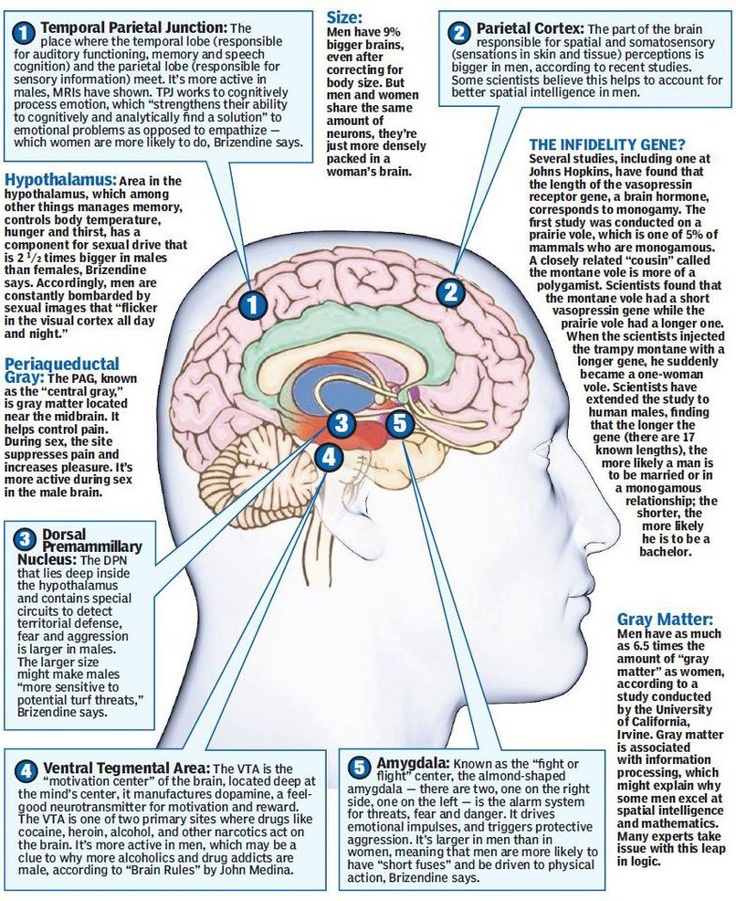 Several studies show the value of exercise in boosting concentration and mental focus. Twenty minutes can improve performance and short, intense exercise sessions can increase blood flow to the brain and improve your mood, memory, and creativity.
Several studies show the value of exercise in boosting concentration and mental focus. Twenty minutes can improve performance and short, intense exercise sessions can increase blood flow to the brain and improve your mood, memory, and creativity.LinkedIn Image Credit: Potential Filmmaker/Shutterstock
If you feel that you are capable of more, and the brain is desperately resisting, check yourself: maybe you are not overloading it? This article will help you get your brain working to its full potential and give you some practical tips and techniques.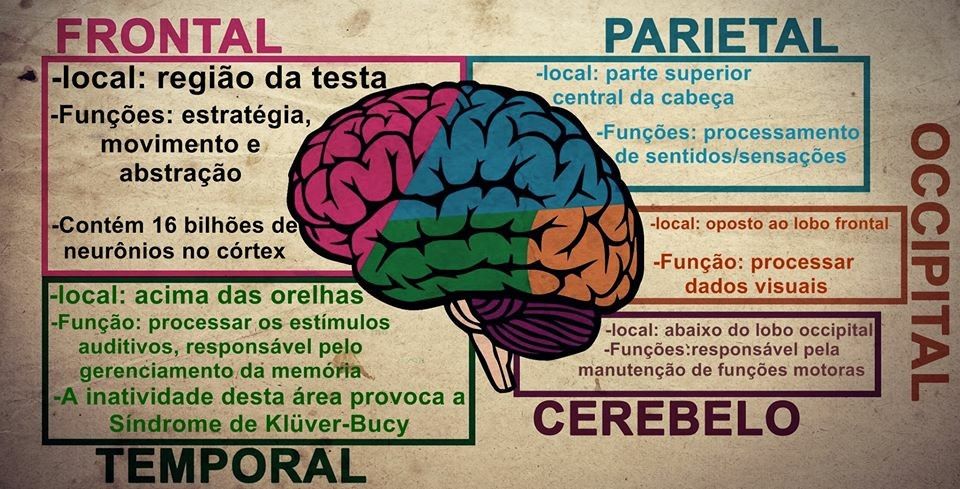
Your poor brain is tired. He does not want to solve business problems, come up with ways of development - to wrap himself in a warm blanket and lie down all day, watch TV shows and surf the Internet. Well, if this is not professional burnout, but just fatigue, bad habits and non-compliance with the daily routine. But if this condition is repeated more and more often - it's time to change something! nine0005
Ordinary people count sheep to fall asleep, while entrepreneurs count their profits, think about sudden expenses, about the fact that employees will soon have to pay salaries... With such thoughts, one can toss and turn in bed until the morning, and in the morning get up tired and exhausted. You need to sleep well: for this drink tea with honey or warm milk before going to bed, take a relaxing bath with aromatic oils . In difficult cases, a sleeping pill will help (just be sure to consult your doctor!). Remember: a healthy adult needs at least 7 hours of sleep, and preferably more. Ideally, you need to focus on your biorhythms (you are an owl or a lark) and forget about the alarm clock: go to bed and get up not when you need to, but when you want. nine0005
Ideally, you need to focus on your biorhythms (you are an owl or a lark) and forget about the alarm clock: go to bed and get up not when you need to, but when you want. nine0005
You get up in the morning and imagine a new day with horror: endless meetings, difficult business negotiations, debriefing with employees. Oh yes, and the supplier screwed up again, the delivery of goods is delayed. Calmly! To recharge your batteries for the whole day, meditate for 10-15 minutes before starting work. No, we do not suggest that you sit in the lotus position and read mantras: just close your eyes, relax, think about pleasant events, set yourself up for a positive outcome. You are an experienced businessman, a wise person, you are able to resolve all problems and hold meetings at the highest level. A good addition to such a mini-meditation would be chamomile tea or strong coffee - depending on what you like. nine0005
This applies to both Internet information and live communication with people.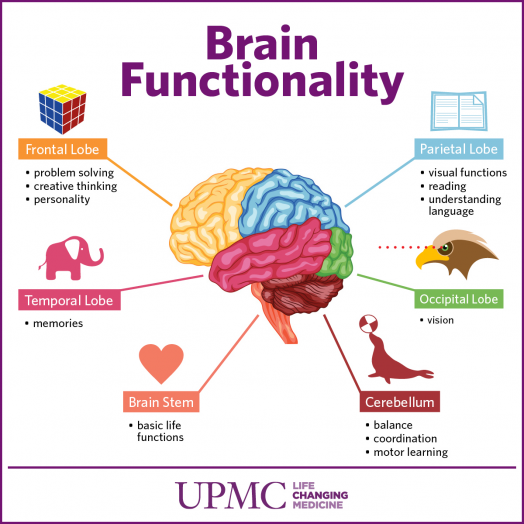 Let's take the Internet: every day, every hour, streams of information simply fall on us. We get so used to it that we ourselves become addicted: we update the news feed every hour, at every opportunity we climb to see what's new on social networks. Wait, do you think Oleg Tinkov or Roman Abramovich do that too? I'm afraid they just don't have time for that. So why do we allow ourselves to be wasted by the world's most valuable resource? Just don’t say that “this is how I relax”, “yes, I just come in for 5 minutes”. You do not relax - on the contrary, you scatter your attention over the endless RuNet. And 5 minutes, and even 5, and even add up to hours, months and years of lost time. nine0005
Let's take the Internet: every day, every hour, streams of information simply fall on us. We get so used to it that we ourselves become addicted: we update the news feed every hour, at every opportunity we climb to see what's new on social networks. Wait, do you think Oleg Tinkov or Roman Abramovich do that too? I'm afraid they just don't have time for that. So why do we allow ourselves to be wasted by the world's most valuable resource? Just don’t say that “this is how I relax”, “yes, I just come in for 5 minutes”. You do not relax - on the contrary, you scatter your attention over the endless RuNet. And 5 minutes, and even 5, and even add up to hours, months and years of lost time. nine0005
In real life, too, nowhere without information garbage. Family members, subordinates and partners talk a lot, often, emotionally. Which of this really deserves your attention, and which is just empty chatter? Learn to separate the personal from the work, important issues from nonsense, and there will be more time. And with the Internet, everything is simple. Set yourself a limit: for example, go to social networks and mail 2 times a day - an hour in the morning and an hour in the evening. Don't worry if you miss an important message this way. See him in the evening: there is little sadness, the world will not collapse from this. And if something is very urgent, they will find you by phone. nine0005
And with the Internet, everything is simple. Set yourself a limit: for example, go to social networks and mail 2 times a day - an hour in the morning and an hour in the evening. Don't worry if you miss an important message this way. See him in the evening: there is little sadness, the world will not collapse from this. And if something is very urgent, they will find you by phone. nine0005
This advice follows directly from the first. Distracted attention is a very undesirable quality for a businessman. Remember how attentive Sherlock Holmes was - not a single, even the most insignificant detail escaped his gaze. A simple exercise will help develop concentration of attention: every day, set aside 10-15 minutes for ... But for nothing. Just sit down, close your eyes and do nothing. Concentrate on your own breathing, make every inhalation and exhalation conscious. nine0004 Every little feeling is important. Imagine that you are in a fitness room and pump one specific muscle - for example, triceps. Every day it will grow, your muscles will be stronger, and your arms will be more massive. It's the same with attention. This exercise will teach you to focus on the little things and notice everything that you didn’t even pay attention to before.
Every day it will grow, your muscles will be stronger, and your arms will be more massive. It's the same with attention. This exercise will teach you to focus on the little things and notice everything that you didn’t even pay attention to before.
This simple employees can afford to concentrate on one task and perform it to the bitter end. nine0003 An entrepreneur needs to think about everything at the same time: how to pay rent, what new items to include in the assortment, how to find new suppliers ... It's no wonder that sometimes the brain boils, and hands drop.
How to develop multitasking? The main thing is not to grab onto everything at once. From the list of things to do today, select a priority task and start there. Gradually start solving other problems - before you have time to look back, and you already look like the many-armed Shiva. nine0005
However, the feature of multitasking has significant drawbacks:
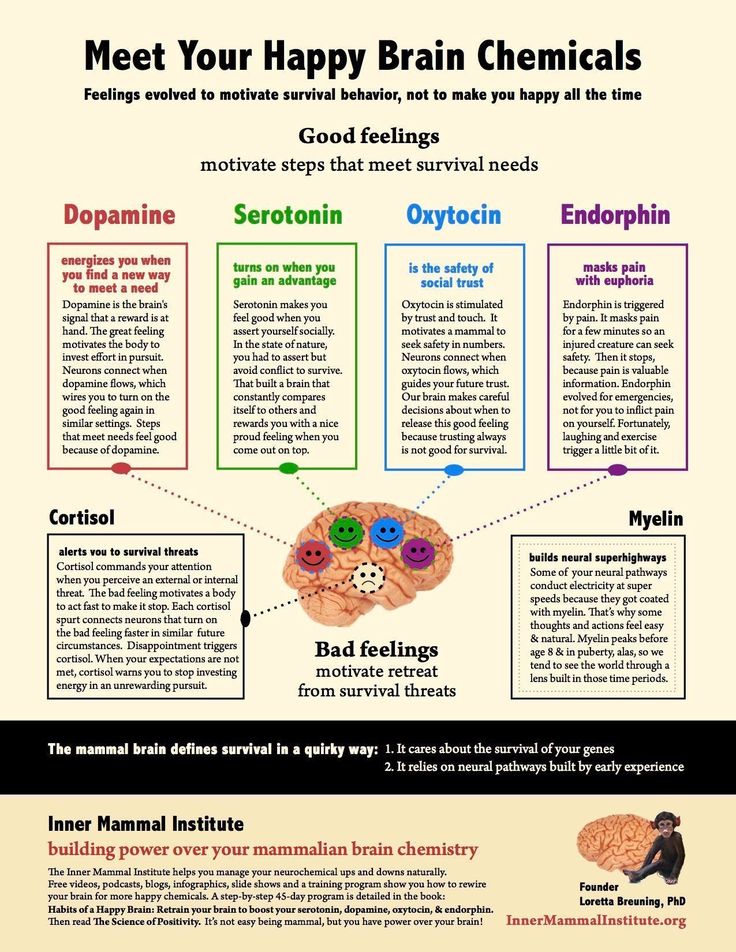 Pay attention to intuition
Pay attention to intuition Intuition is a subtle thing and has not yet been fully explored. Why, when communicating with one person, we feel the desire to wash our hands, even if he is fragrant with perfume, perfectly shaved and impeccably polite? And to the other, even if he is dressed like a gouge and does not know the rules of business etiquette, we instantly feel sympathy and are ready to go with him to the ends of the world? All this is the machinations of intuition, which works in conjunction with the brain. If the brain feels that something is wrong, but cannot explain it logically, intuition steps in and gives us signals. For example, “Run away from him faster!”, Or “Our man, we will definitely work together!” nine0005
True, sometimes intuition deceives. You should not blindly trust her, , but we definitely advise you to take into account her bells and alarm bells.
There are situations when there is no time to think - you have to take it and act.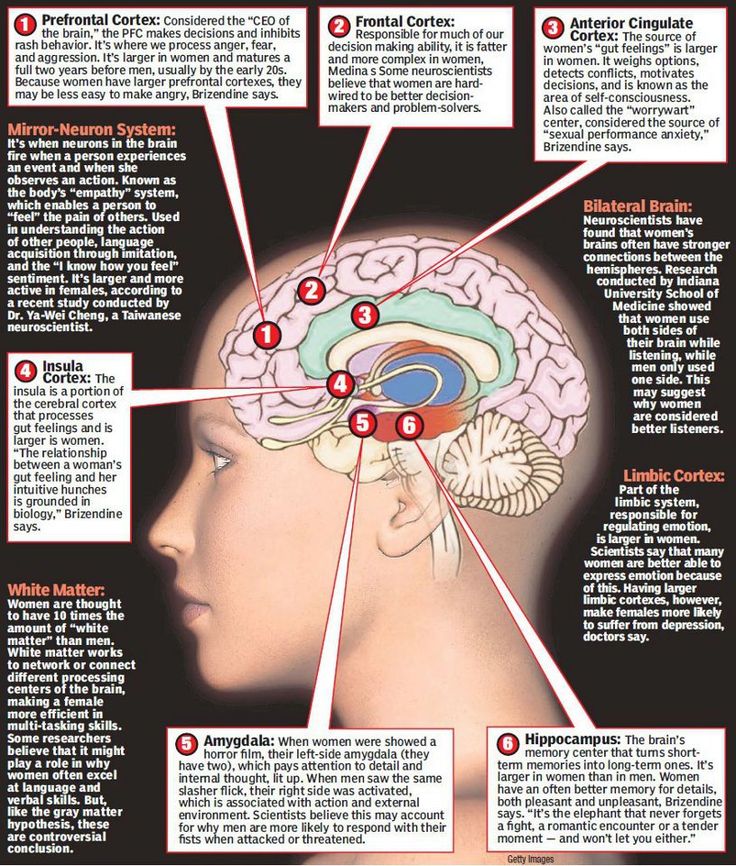 What if you make a mistake and something bad happens? Oh, give me at least a couple of minutes to think and make the right decision! But sometimes these precious minutes simply do not exist - circumstances drive you into a corner, and you have to act automatically. If you start thinking, you will not have time to complete the action. To prevent such situations, learn to anticipate them and think in advance what you will do. Yes, you are not Vanga, but the main stressful situations can be predicted : these are unforeseen fines, return of goods, customer complaints, supply interruptions, jambs of employees. Work out a plan of action in advance and put it into practice when necessary.
What if you make a mistake and something bad happens? Oh, give me at least a couple of minutes to think and make the right decision! But sometimes these precious minutes simply do not exist - circumstances drive you into a corner, and you have to act automatically. If you start thinking, you will not have time to complete the action. To prevent such situations, learn to anticipate them and think in advance what you will do. Yes, you are not Vanga, but the main stressful situations can be predicted : these are unforeseen fines, return of goods, customer complaints, supply interruptions, jambs of employees. Work out a plan of action in advance and put it into practice when necessary.
Even if it seems to you that you won't forget this, don't be lazy, write down . It's not that you have a leaky memory. When we write down information - on a computer, and best of all by hand - we use the motor activity of the brain.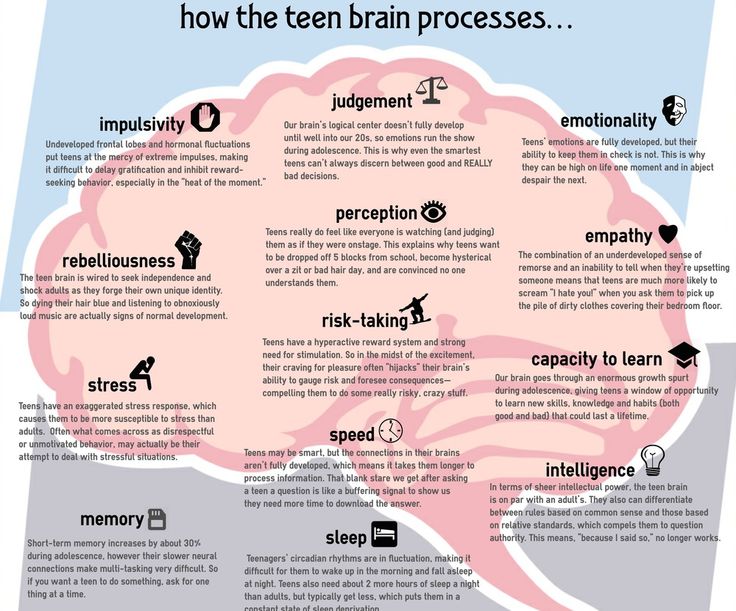 The nervous system is activated, brain activity increases, and you remember information better. nine0005
The nervous system is activated, brain activity increases, and you remember information better. nine0005
If you're good at multitasking, here's a surprise: you also need to develop your memory to remember all these tasks. Most people don't know how to memorize long lists. Even when going to the store, we are sure to forget a few positions if we do not write them down in advance. So means what? The conclusion is obvious: you need to make lists for every day, week, month , and methodically follow their implementation.
But that's not all. Sometimes there is simply no time to make lists: things circle you in a cheerful round dance, sometimes there is no time even to have lunch. So, you need to learn to keep the lists of tasks in your head and not forget them. How to do it? nine0003 Use the Loki method: visualize each step .
You will need some imagination and spatial imagination. In fact, everything is simple: let's say you need to remember how to go to a meeting with your next partner.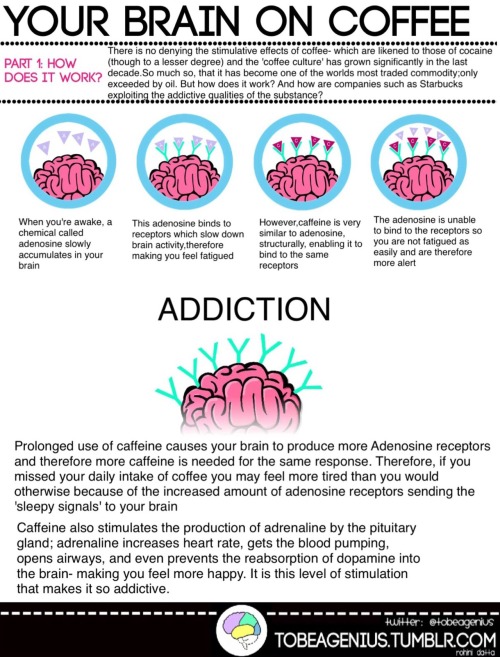 The navigator is broken, you are guided by the main points on the way: a shopping center on the road, a large intersection, a difficult turn, an industrial zone. Now pick up visual associations for each point. For example, a shopping center - shopping with my wife, here she is smartly trying on new dresses and jewelry at home. The crossroads is a difficult choice that you need to make (link it to a real life situation, what is happening right now, happened in the recent past, or is about to happen). Industrial area - smoke and smog, a man in a gas mask. Imagine these images until they are firmly imprinted in memory. nine0005
The navigator is broken, you are guided by the main points on the way: a shopping center on the road, a large intersection, a difficult turn, an industrial zone. Now pick up visual associations for each point. For example, a shopping center - shopping with my wife, here she is smartly trying on new dresses and jewelry at home. The crossroads is a difficult choice that you need to make (link it to a real life situation, what is happening right now, happened in the recent past, or is about to happen). Industrial area - smoke and smog, a man in a gas mask. Imagine these images until they are firmly imprinted in memory. nine0005
Even if the situation is as clear as a child's tears - imagine that the cards are not right and the original plan is falling apart . The reason for this may be a human factor, a combination of circumstances, simple bad luck. What now? Consider alternatives ahead of time. Remember, you have probably rehearsed a difficult conversation with a person more than once.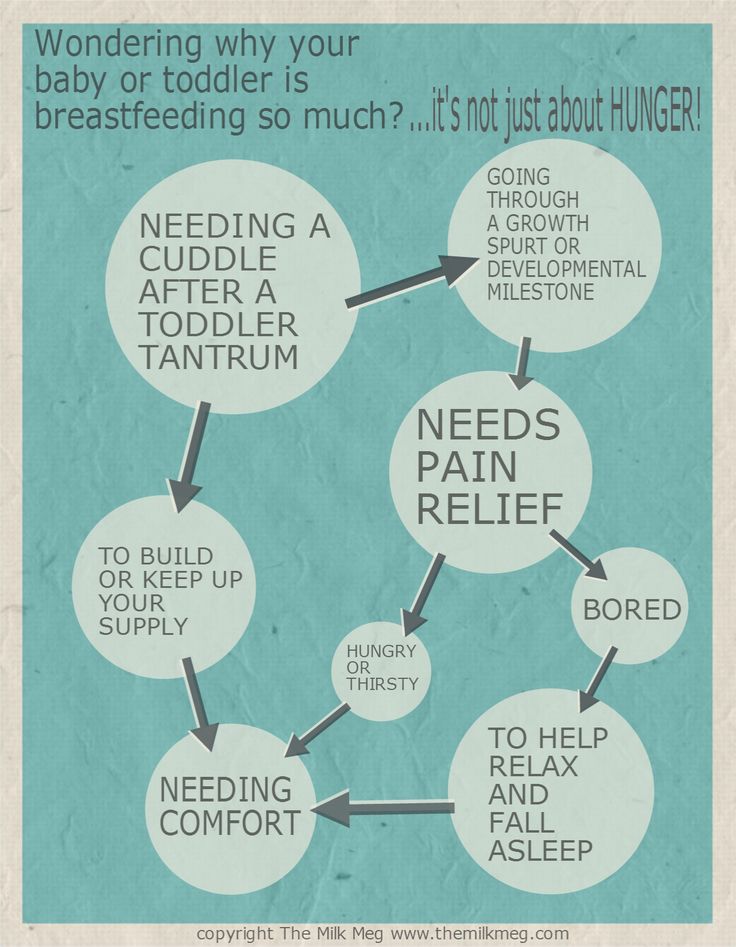 And if he says that, I'll say it. And if he says something completely different, you will have to answer not what you planned. That's pretty much how this method works. nine0005
And if he says that, I'll say it. And if he says something completely different, you will have to answer not what you planned. That's pretty much how this method works. nine0005
Thomas The unbeliever did not believe in anything and, they say, he lived a long time. You and I are used to presenting him as a negative hero, but the dude was right! Question not only the words and actions of others (they may be wrong), but also your own (you may be wrong too). People who are piously sure that they are right (those for whom there are two opinions - their own and wrong), as a rule, have inflexible thinking. And for an entrepreneur, this is like death, because you need to constantly adapt to the requirements of the law, the wishes of customers, the conditions of partners. Therefore, stop considering your opinion as the ultimate truth - everyone has their own truth. nine0005
The ability to admit your mistakes and do everything so that they do not happen again in the future is a hallmark of an adult wise person.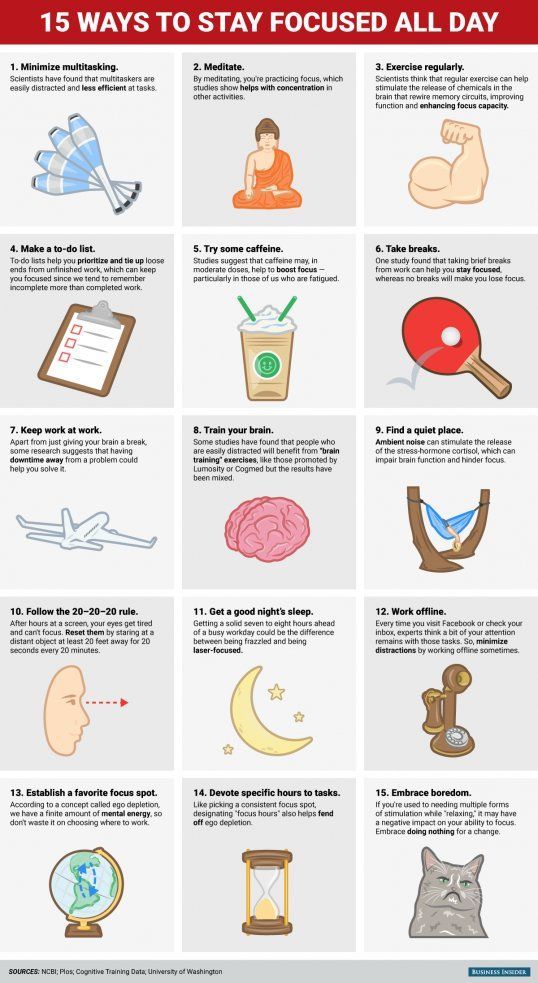 If you endlessly justify yourself or blame others for the failures, there is a great risk of stepping on the same rake. But if you admit a mistake and start thinking about its solution - the brain will be grateful to you for this . He will start looking for a solution to the problem, sort out and analyze the options, and in the end will give the best solution. nine0005
If you endlessly justify yourself or blame others for the failures, there is a great risk of stepping on the same rake. But if you admit a mistake and start thinking about its solution - the brain will be grateful to you for this . He will start looking for a solution to the problem, sort out and analyze the options, and in the end will give the best solution. nine0005
If you live with the feeling that you have reached the ceiling in business, the brain will calm down and relax. What else to wish for, what to think about - after all, everything has already been achieved. New goals excite the brain cells, give them constant work , not to mention the fact that they encourage you to develop. But look, do not dream: when the decision is made, go and put it into practice.
All these rules are quite simple, they can be put into practice right now. Try at least a few ways and tell us if they helped. Good luck with your self improvement! nine0005
You might also be interested:
12/30/2022
The year 2022 is coming to an end, and e-commerce business owners traditionally sum up the results. The changes that have taken place over the past 12 months have affected not only entrepreneurs,...
The changes that have taken place over the past 12 months have affected not only entrepreneurs,...
30.12.2022
Marketplace "Ozone" from year to year tops the rating of the most popular trading platforms in Russia, entering the top three. At the end...
nine0002 29.12.2022Not so long ago, only small-sized goods were sold on marketplaces. Demand was mainly for various small items of light weight: wardrobe items,...
29.12.2022
Text is far from the main component of the success of an online store. It may well function and make a profit, even if you have copied ...
28.12.2022
Clothes and shoes are the best-selling goods on the Internet. According to various sources, they account for approximately 63 percent of all online sales. However...
12/28/2022
Staff turnover happens in any business area. This is a natural and normal process. But when it exceeds the critical threshold of 5 percent...
27. 12.2022
12.2022
Modern beauty salons provide clients with an extensive range of services. Haircuts, hairstyles, manicures, pedicures, shugaring, piercings, permanent makeup, facial skin care...
12/27/2022
Self-employment pilot launched in 2019year, and in 2020 expanded the action to the entire territory of the Russian Federation. Teachers, blacksmiths,...
12/26/2022
During the 1.5-2 months before the New Year holidays, many sellers do not have time to process orders: applications come in a steady stream, and customers ...
Article content
Our mind is not capable of working effectively for 8 hours straight. During the cognitive process, more than 20% of the energy of the whole organism is consumed, therefore, after 40 minutes of intellectual load, the defense mechanism is activated - stop working and take a break. But often many tasks require a longer inclusion, and there is simply no time to rest for a long time.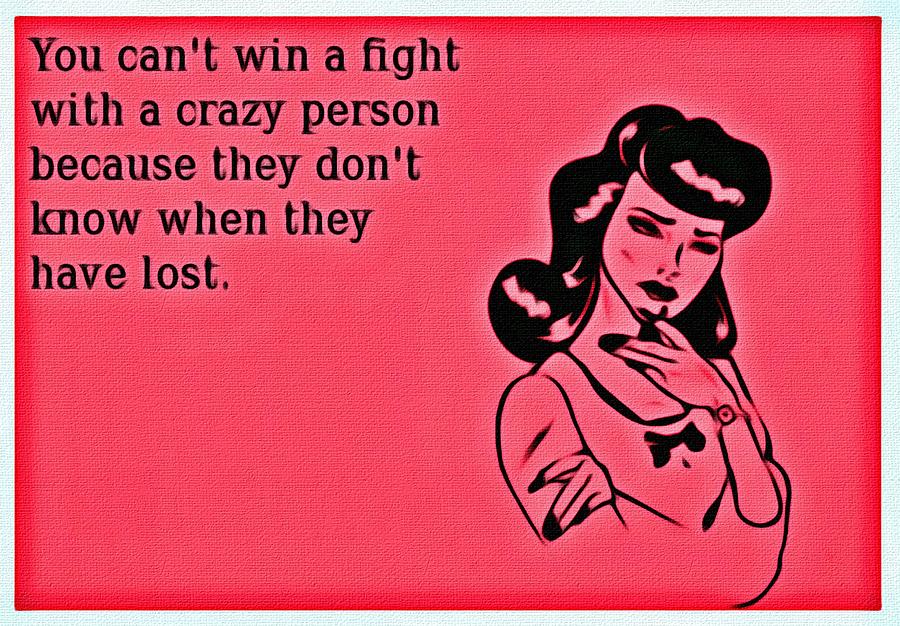 How to activate your brain when you need to urgently complete a task, we will tell in this article. nine0005
How to activate your brain when you need to urgently complete a task, we will tell in this article. nine0005
Mel Robbins, a CNN commentator, came up with this rule. Its essence is very simple: you give yourself 5 seconds to start doing something. You say to yourself "I'll start working in 5 seconds", slowly count to yourself and start the task. You will be surprised, but this method really works.
The method was developed by student Francesco Cirillo, an interesting name he came up with thanks to the timer in the form of a tomato. To increase productivity and not constantly switch to small things, you need to set yourself a rule - work 25 minutes, rest 5 minutes. After an hour of work, take a long break for 15-20 minutes. Time can be adjusted according to your needs, for example, allocate 50-60 minutes for tasks, and leave 10 minutes for a break. You can learn more about the Pomodoro technique from our previous article.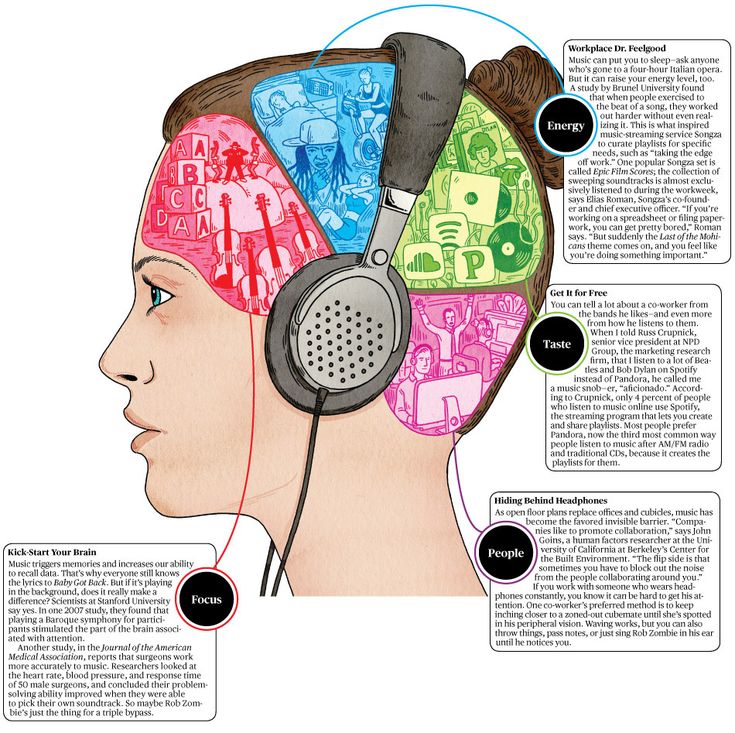 nine0005
nine0005
Agree with your brain that you will give it a quality rest in exchange for hard work. For example, during a short break, drink tea, do exercises. In the process of a long rest, from 20 to 60 minutes, take a walk in the fresh air, go for a bite to eat, change the scenery. A good and varied rest helps to quickly restore your strength and unload your mind.
It is easier to complete a small and easy task than to start a complex project. But you can break this project into parts, then you will get several small tasks that will be easier to do. Tell your brain that there is only one small thing to do: find just two competitors, fill out just one report, connect with just three customers. This method allows you to increase performance several times. nine0005
We enjoy working on something new. But doing the same thing for a long time, interest in it gradually fades, we begin to perform tasks more slowly and without enthusiasm.